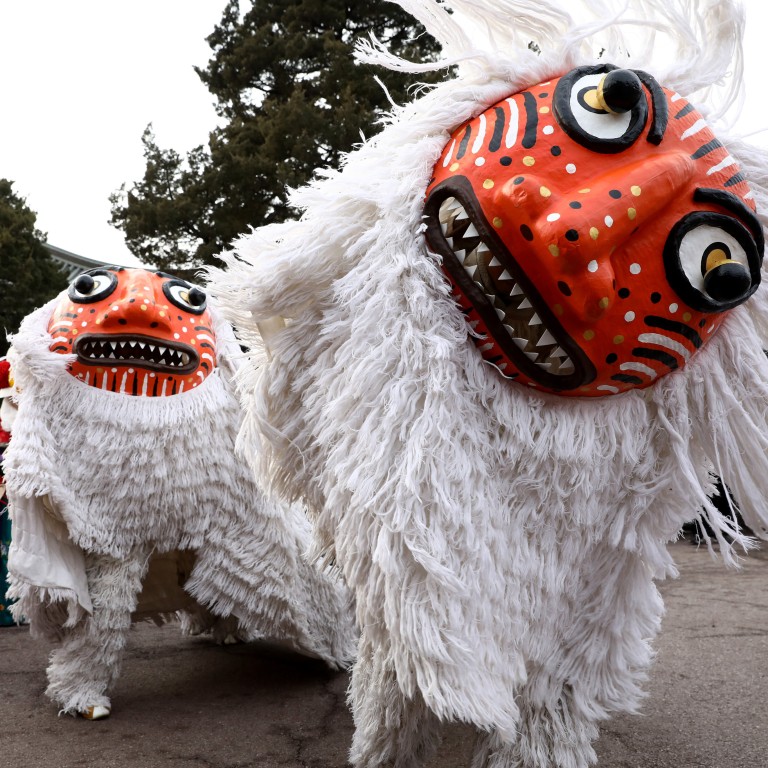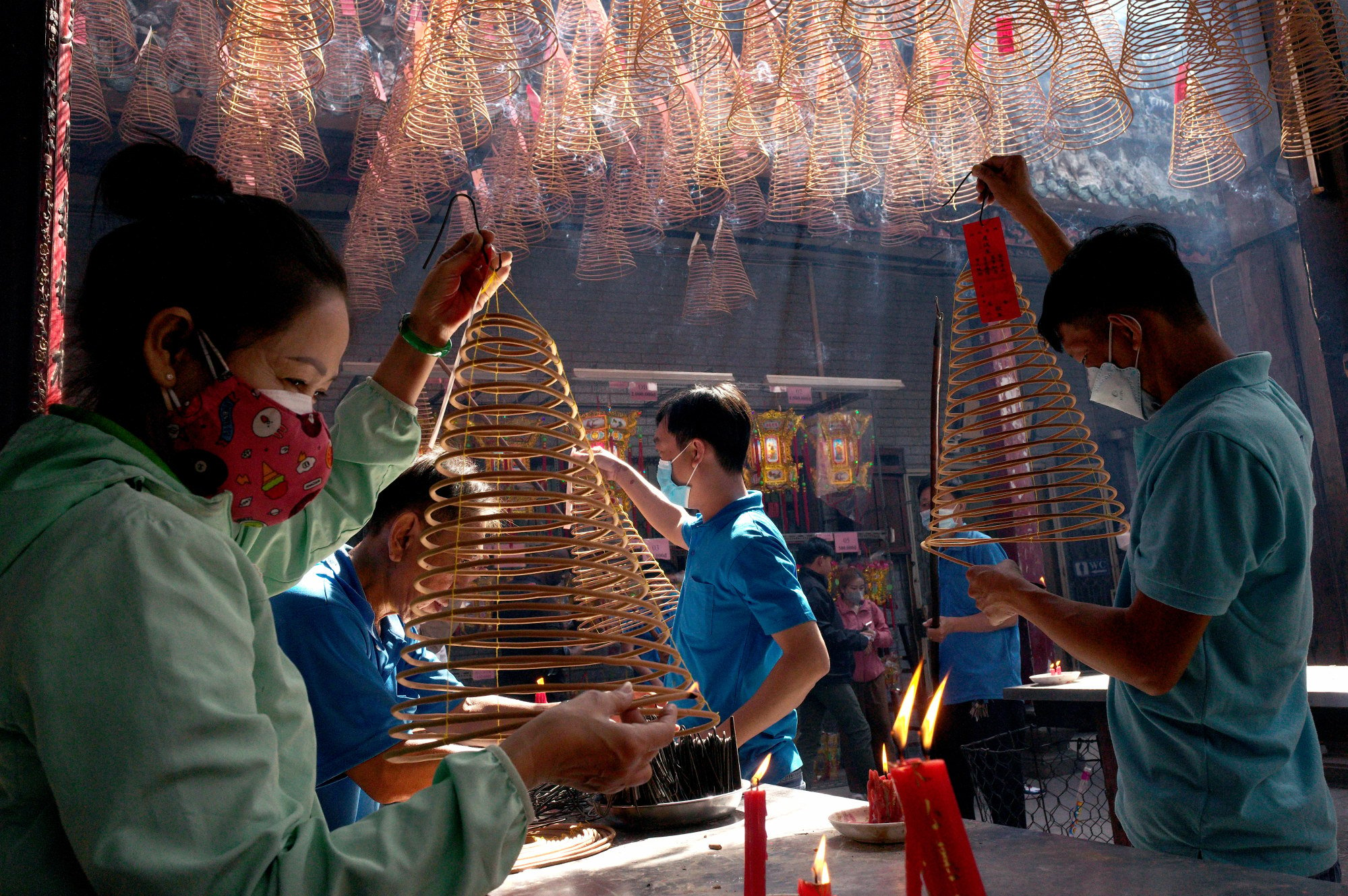
Lunar New Year or Chinese New Year? Don’t blindly call it the former when the context and the people addressed are clearly Chinese
- Saying ‘Lunar New Year’ may be more inclusive to other parts of Asia that celebrate the occasion, but is unnecessary in an all-Chinese context
- Many Chinese believe that the growing trend of saying ‘Lunar New Year’ is an insidious plot to erase the important festival’s Chinese origin and character
February 5 marks the end of the Chinese New Year. No more endless loops of annoying Chinese New Year songs that bang on about the desire to acquire great wealth. No more forced smiles and excruciating small talk with relatives you meet once a year and don’t really care about.
While Chinese New Year may be the most important time of the year for Chinese communities within and outside China, I’m sure I speak for many when I say I’m glad it will finally be over.
Did you see what I’ve done? Instead of writing “Lunar New Year”, which is the preferred style of the South China Morning Post, I’ve written “Chinese New Year”.
The Lunar vs. Chinese New Year debate has been going on for a while.
Why arrogant Hong Kong people were the problem, not my colourful Cantonese
At Singapore’s Nanyang Technological University (NTU), someone recently scratched out the word “Lunar” and scrawled “Chinese” below it on an exhibition panel describing how different ethnic groups in parts of Asia celebrate the festival.
The main argument for the use of Lunar New Year is inclusiveness, because the occasion is not only celebrated by Chinese but also by Koreans, Vietnamese, Mongolians, and other groups of people in East and Southeast Asia.
Going by this reasoning, NTU was correct in using “Lunar New Year” in its exhibition text.

However, many Chinese are aggrieved, believing that the growing trend of replacing “Chinese” with “Lunar” in the name of their most important festival is an insidious plot to erase its Chinese origin and character.
Some of the more blinkered online comments even suggest that the Vietnamese, Koreans and so on have appropriated the original Chinese festival.
Phrases such as “Lunar New Year” – which is inaccurate because the traditional Chinese calendar is based not just on the movements of the moon but the sun as well – and “Chinese New Year” are English creations. What do the Chinese call this festival in our own language?

Most Chinese refer to it simply as “new year” (xinnian) or “crossing (over to the new) year” (guonian). Sometimes, we say “the new year according to the agricultural calendar”, or nongli xinnian. It has several other names – some are regional, some historical.
The formal name of the holiday is Chunjie, a new designation announced in 1914 by the Republic of China and which is officially translated into English as “Spring Festival”. The new republic had decided to switch to the Gregorian calendar and January 1 was named Yuandan (“the first day”). Yuandan had been the common name for the first day of the first month in the traditional Chinese calendar.
While I’m definitely on the side of being more inclusive, I believe it isn’t necessary to go overboard. An umbrella term like “Lunar New Year” (or “Traditional New Year”, which I prefer) has its rightful place, like that NTU exhibition or when a group of non-Han Chinese people who celebrate the festival are addressed.
Rich men like Elon Musk were looked down on in ancient China. All except one
However, when the context and the people addressed are clearly Chinese, there’s no need to be skittish about saying “Chinese New Year”.
I don’t see any evidence of exclusion or intolerance in this sentence, for example: “The Chinese New Year is the most important festival for the Chinese communities in Hong Kong, Malaysia and Singapore.”
Prescriptive, nuance-averse rules eschewing Chinese New Year in favour of Lunar New Year in all cases, regardless of context, is convenient, but they are restrictive – which, like many well-meaning but ham-fisted guidelines, runs contrary to their original aim to be inclusive.

